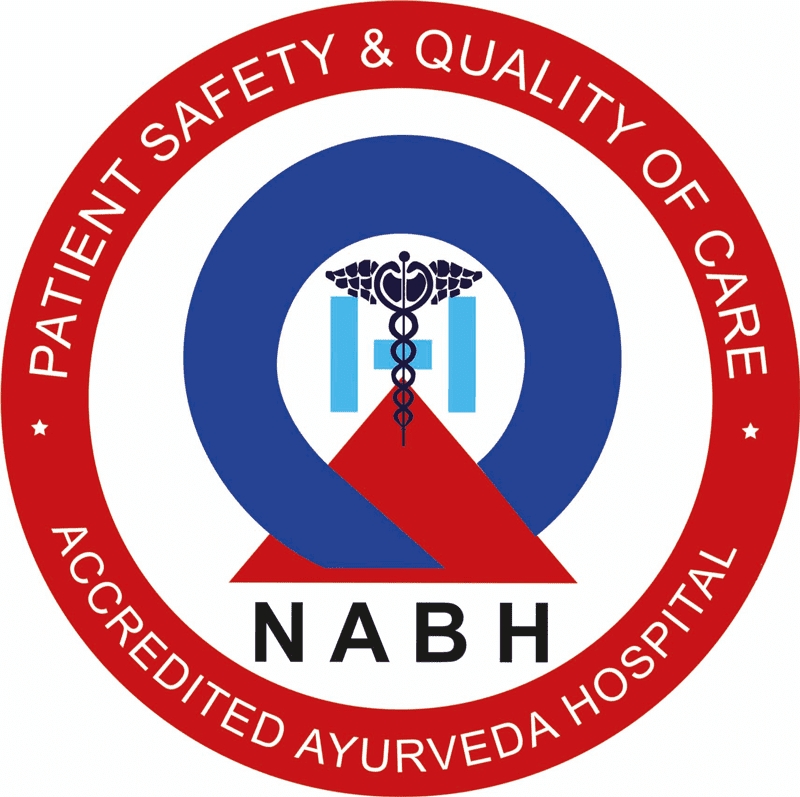Assured Relief From IBS Without Heavy Medications
Our personalized Ayurveda approach, especially for IBS, assures relief from symptoms such as diarrhea or constipation, and improved digestive well-being with precision Ayurveda Panchakarma
Enquire Now
Ayurveda Approach to Cure IBS
Irritable bowel syndrome (IBS or spastic colon) is a functional bowel disorder characterized by chronic abdominal pain, discomfort, bloating, and alteration of bowel habits in the absence of any detectable organic cause. In some cases, the symptoms are relieved by bowel movements. The condition is often lifelong, although the symptoms may change over time. With the right treatment and Ayurveda approach, IBS can be successfully managed. IBS is not a life-threatening disease that poses any high risk to your physical health and does not increase your chances of developing cancer or other bowel-related conditions.
Ayurveda considers IBS under a condition known as Grahani, which is caused due to the vitiation of Vata and Pitta doshas. Accumulation of toxins or Ama, could also lead to this disease condition. Excessive intake of spicy, oily foods and irregular food habits can cause an aggravation in the disease condition. Grahani may also develop due to excess stress. At AyurVAID, our patient-centric approach and root-cause Ayurveda treatment protocols ensure effective treatment and arrest further development of IBS.

Ayurveda Essential Key Outcomes
- Lesser to no dependence on corticosteroids, immunomodulating drugs, aminosalicylic acid, antibiotics, and probiotics.
- Long-term remission.
- Regulated bowel movement.
- Improved digestion and metabolism.
- Reduced risk of complications.
- Better and stress-free life.
- Improved diet and lifestyle.
- Improved quality of life and mental wellbeing.












